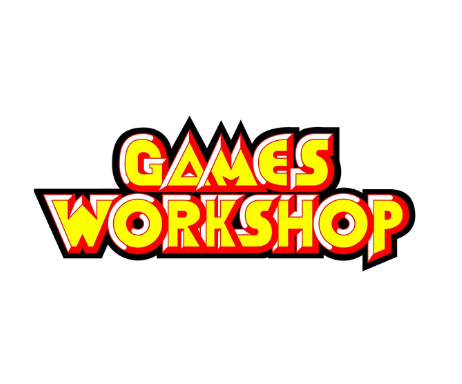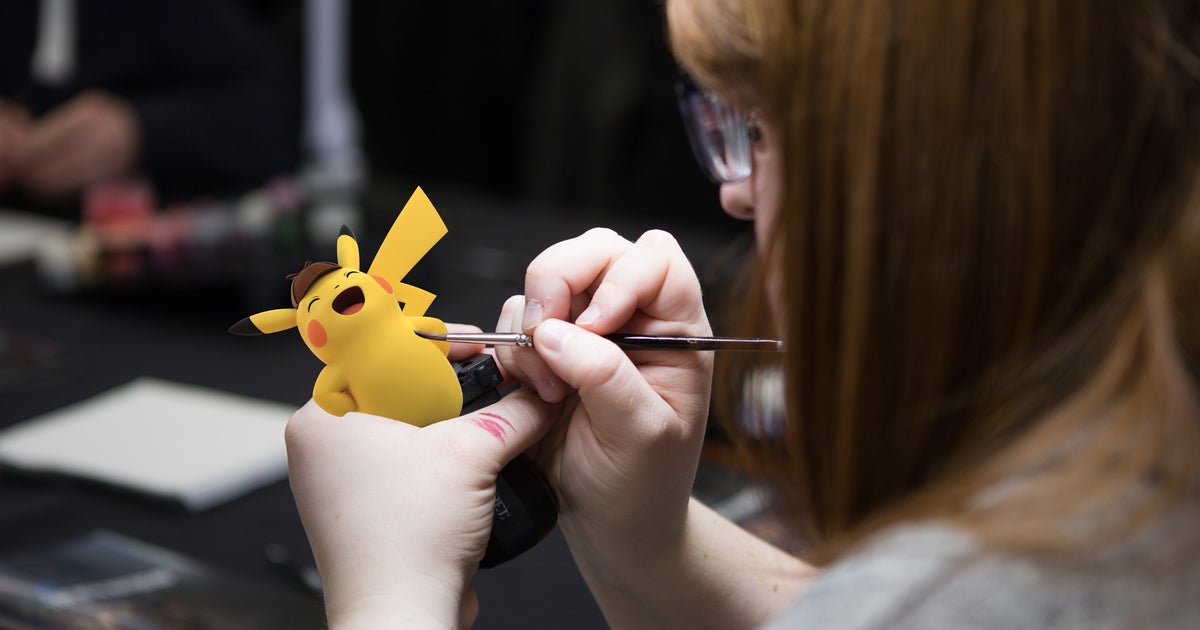A few years ago, I was changing costumes between scenes in a period drama, stepping out of 18th Century workwear and into some noble's finery, when a fellow cast member told me something I had never expected to hear. They had worked at Games Workshop for many years, and they told me that when Pokémon arrived in the UK, it nearly brought the company - Games Workshop - to its knees.
...
I began by digging around in Games Workshop's financial records on the government's website. I sifted through a decade's worth of documents, figuring that surely if something like this had happened, there would be a record of it.
...
Success, I found it, and almost immediately something in it caught my eye: suspicious remarks made by chairman Tom Kirby in reference to UK sales. "By our own standards this has been a disappointing year," he wrote. Then he added, cryptically: "There has been some loose talk recently questioning the health of the Games Workshop Hobby." (The Hobby is how GW execs refer to the miniatures business.) "The Hobby is in rude health, and is continuing to spread profitability around the world."
Loose talk? Why would Kirby feel the need to say something like that unless Games Workshop was under threat?
I read on - and made my biggest discovery yet. It was a remark made by Chris Prentice, Games Workshop CEO at the time, in reference to those disappointing UK sales. "For some time now we believe that an element of our UK like-for-like growth has been achieved by increasing the appeal of our stores at the lower end of the customer age range," he wrote. "We do not believe that many of these youngsters are capable of truly participating in all aspects of a complex hobby, which involves reading, painting and strategic thinking.
"Consequently," he added, and this is the important bit: "we have allowed our customer base to become vulnerable to toy fads. Last year we saw a sharp decline in sales to this age group."
...
"In probably May-June 2000 we made a profit warning," he says, "and we included the game known as 'the p-word' in that profit warning, saying that basically Pokémon had hit our UK business - and our UK retail business in particular - quite hard and that was going to cause a gap in our profitability for the year."
...
There remained those among the Games Workshop higher-ups who believed a younger audience really was the way to go. "We certainly had one strong faction that would have argued that reducing the age profile was an entirely good thing," Prentice says, "capturing them earlier, keeping them longer, producing Junior Warhammer, let's call it - an easy clip-together version with different colour armies playable right from the box. Rather than the more complicated building models, painting... The more sophisticated hobby. And that was a tension that was in the business certainly the whole time I was there."
But Prentice's side got the upper hand and the company implemented a cross-business working party to refocus Games Workshop on who they believed the core customers really were: the older audience. And it worked. Within six months the company was apparently back in double-digit growth. "We recognised the problem, got together, came up with a plan to put it right and put it right," Prentice says.


